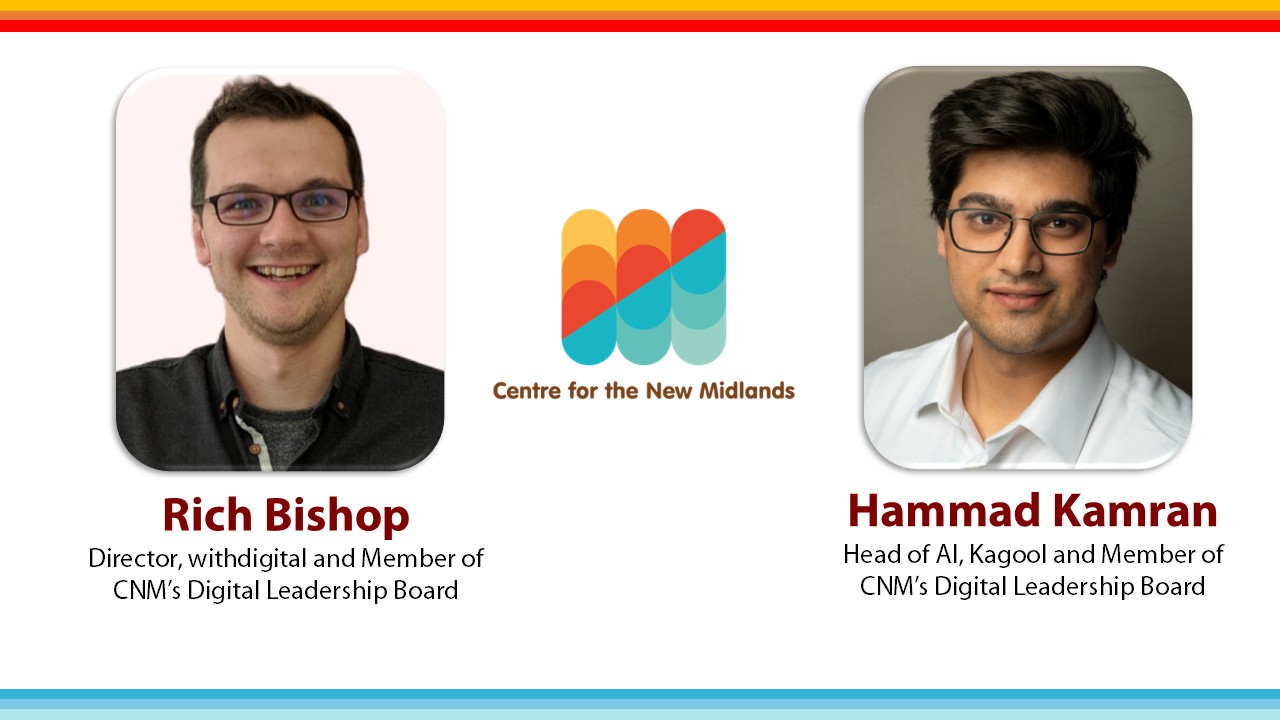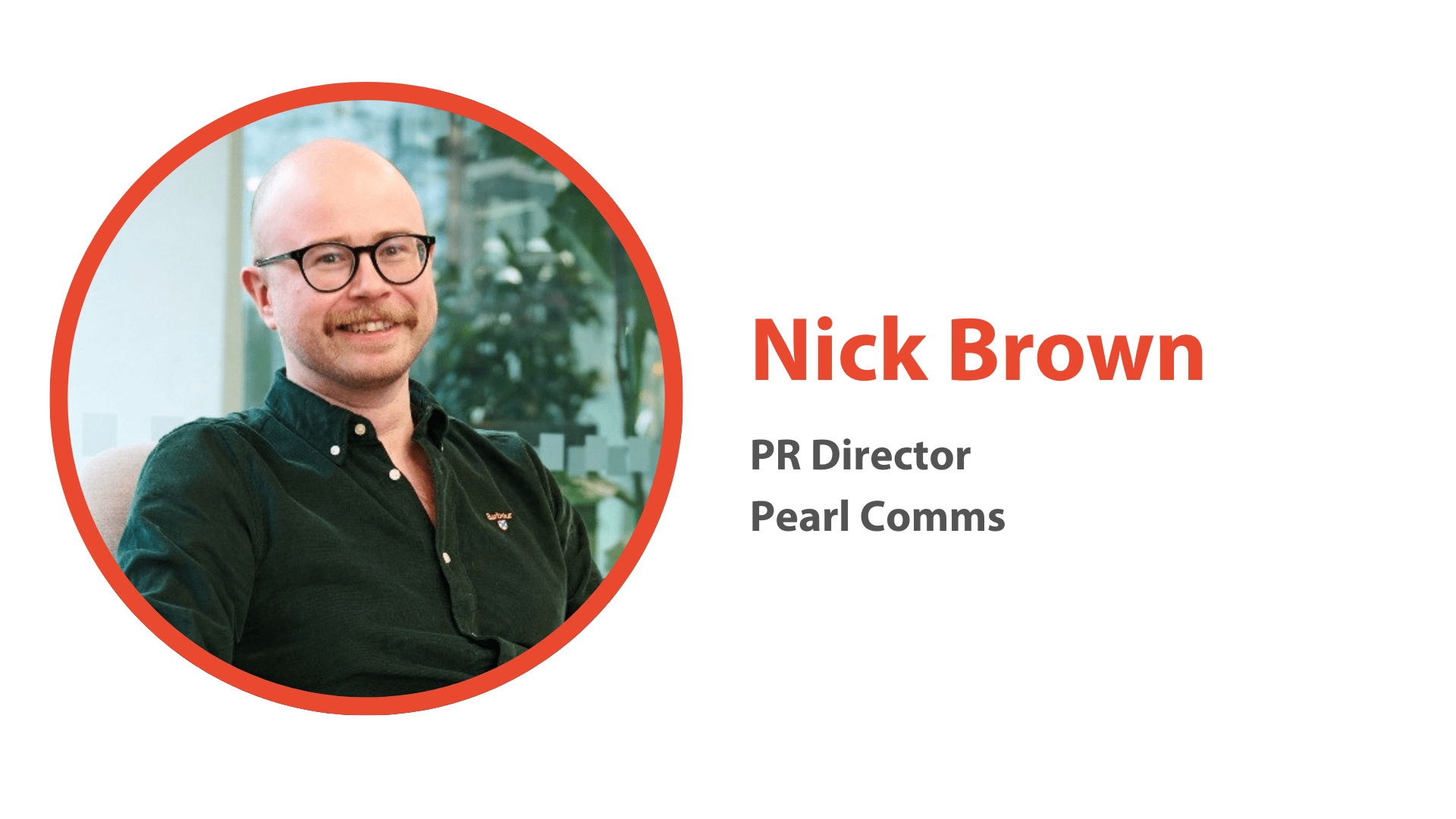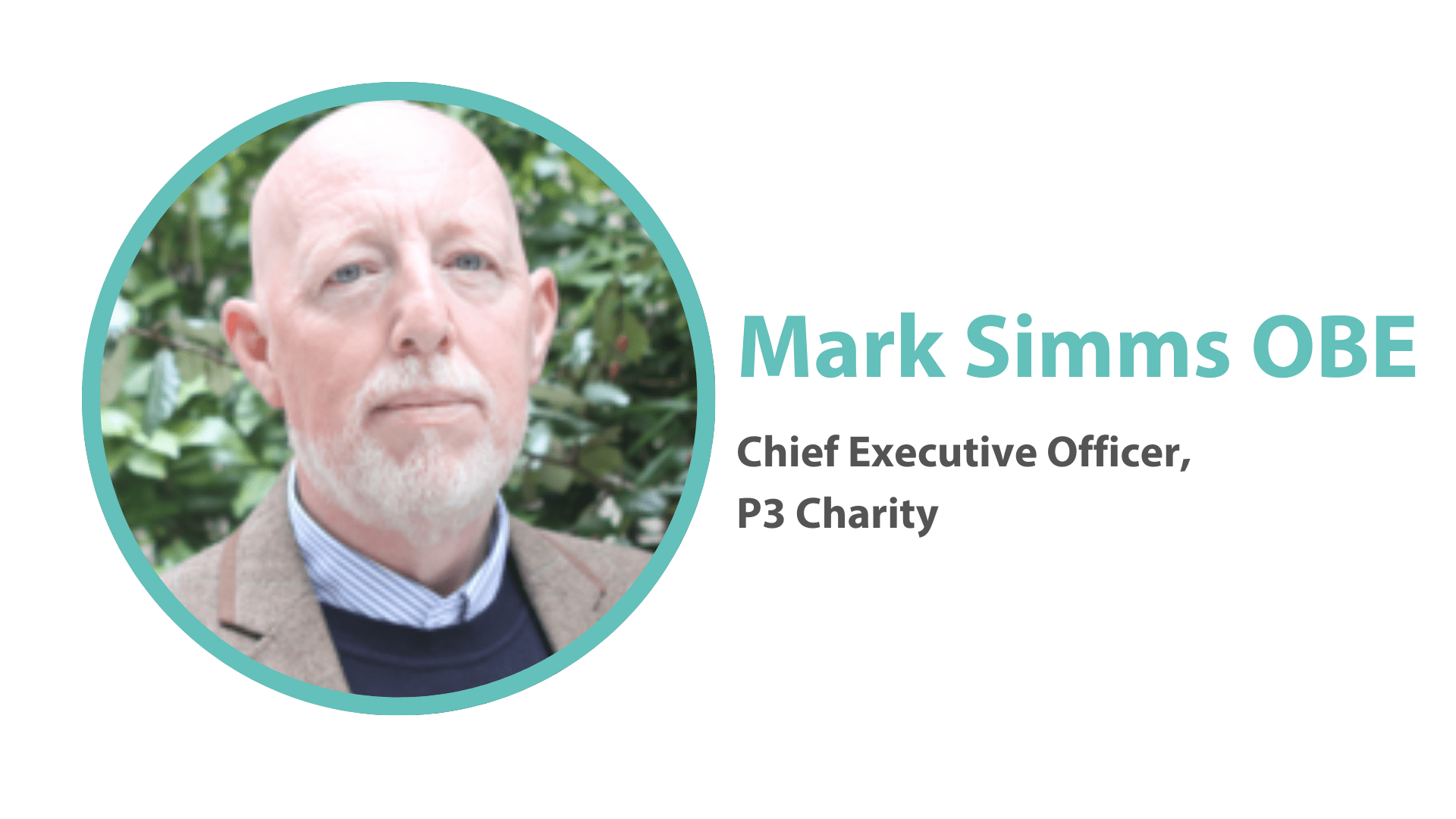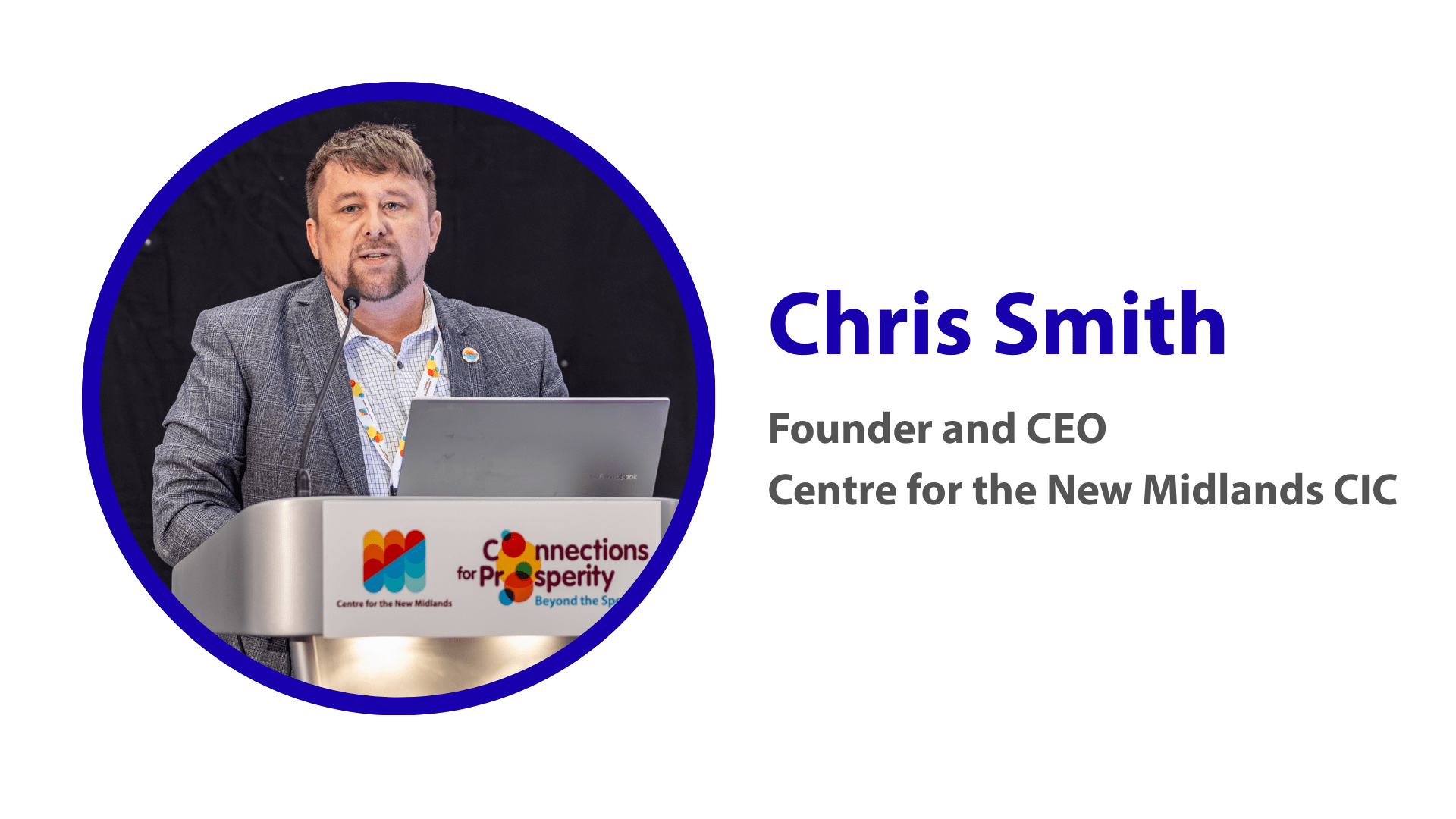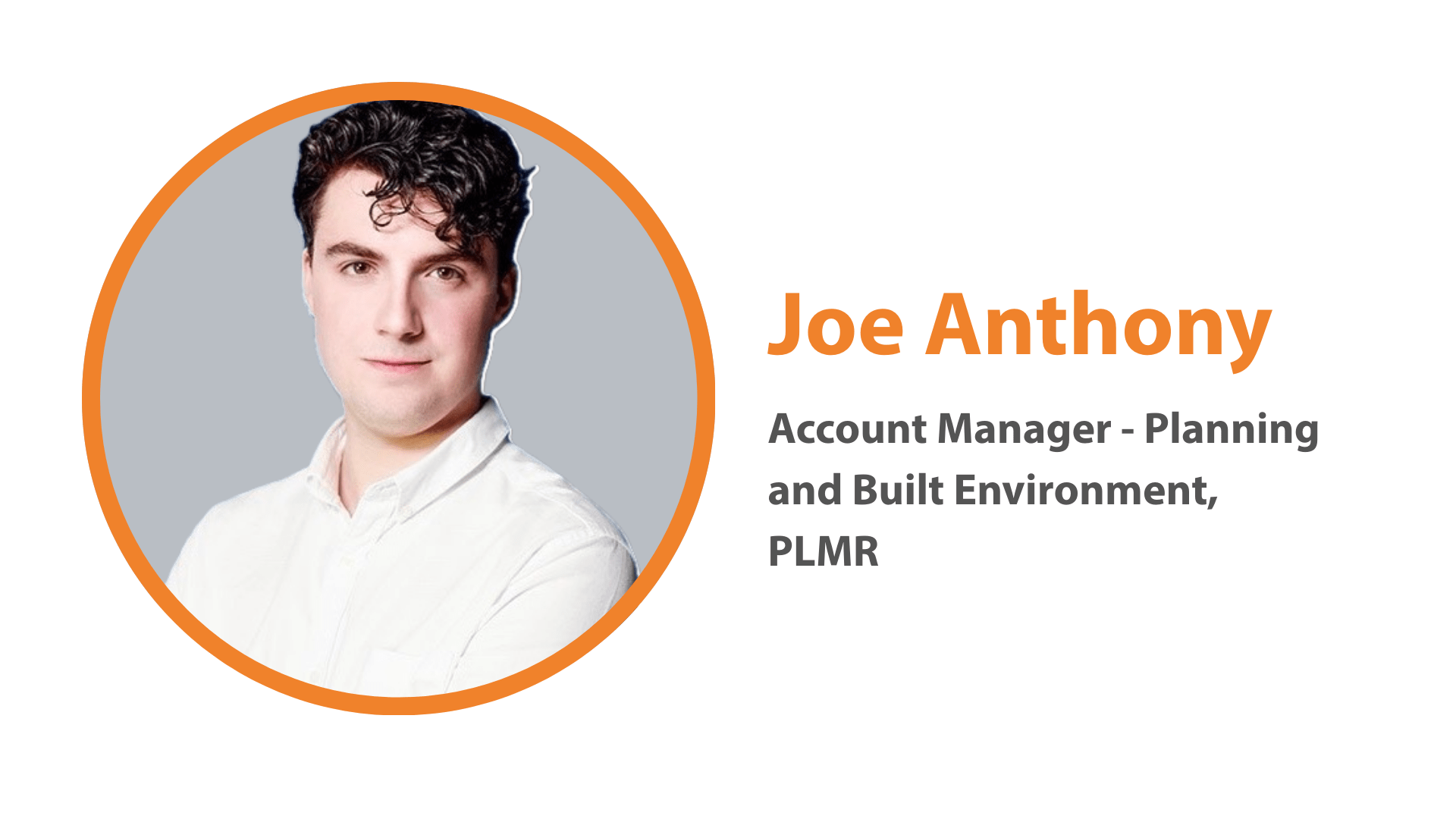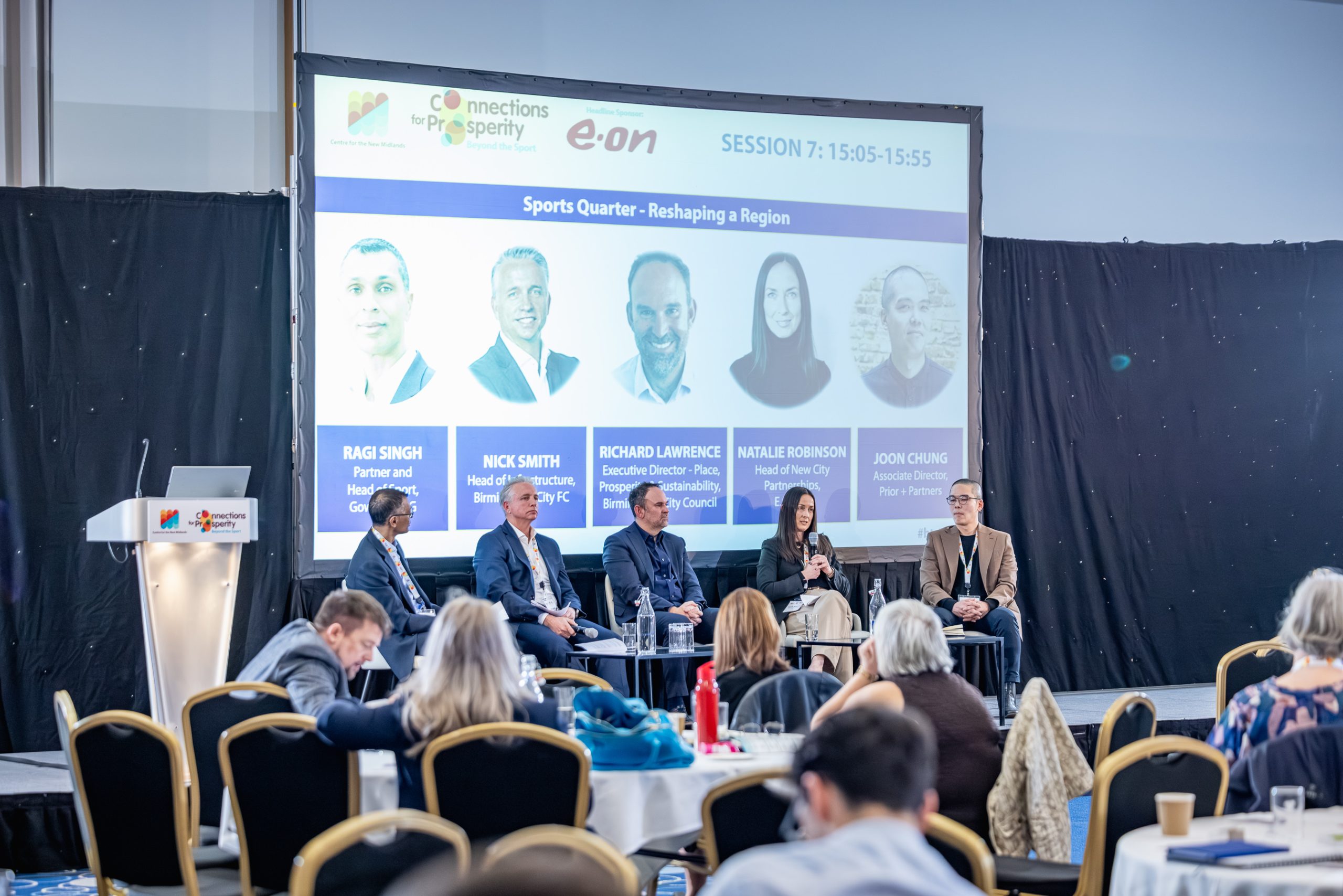In this article, Rich Bishop (Director, withdigital and Chair of CNM’s Digital Leadership Board) and Hammad Kamran (Head of AI, Kagool and Member of CNM’s Digital Leadership Board) explore the “two sides of the coin” – the ‘promise and the peril of using AI in education’ drawing on their experiences at withdigital and Kagool, along with insights from The Guardian and the UK Government.
(August 2025)
AI in education presents a fascinating duality: a tool with the potential to revolutionize learning, yet one that carries significant risks if not implemented thoughtfully. For the West Midlands, with its high concentration of universities, youth unemployment challenges, and pressing skills shortages, understanding this balance is crucial.
As we explore the “two sides of the coin” regarding AI in education, we’ll draw on our experiences at withdigital and Kagool, along with insights from The Guardian and the UK Government.
The West Midlands stands at a pivotal moment. Our vibrant educational landscape, from primary schools to world-class universities, is a cornerstone of our regional economy. Yet, we grapple with persistent youth unemployment and a widening skills gap, issues that demand innovative solutions. Artificial intelligence (AI) offers a powerful, albeit complex, answer. It holds the promise of personalised learning and enhanced educational outcomes, but also the potential for eroding critical thinking and perpetuating digital divides.
The Double-Edged Sword: When AI Undermines Learning
Recent headlines, such as “Thousands of UK university students caught cheating using AI” (The Guardian, June 15, 2025), highlight a pressing concern: the potential for AI to undermine the very act of learning. While AI tools can automate tasks and provide quick answers, an over-reliance on them can bypass the crucial cognitive processes involved in understanding, critical thinking, and problem-solving.
From my (Rich Bishop) experience at withdigital, particularly in the realm of dementia care, we’ve seen how technology can empower individuals by providing a personalised environment for them to play games in. In education, through my guest lecturing, I have also seen first hand where AI is used simply as a shortcut to bypass genuine effort – assessing projects where the students cannot explain their own code.
This risks creating a generation of students who can produce output without truly internalising knowledge, without learning. This isn’t just a concern for academic integrity; it’s a long-term economic issue. A workforce that lacks fundamental skills due to an over-reliance on AI will struggle to innovate and adapt in an ever-evolving global economy.
For the West Midlands, where fostering a skilled workforce is paramount, this is a risk we simply must consider.
AI as an Empowering Ally: Tailored Learning and Beyond
On the flip side, AI has immense potential to personalise and enhance the learning experience. We can demonstrate the transformative power of AI in education through work that I (Hammad Kamran) am currently leading at Kagool, where we are collaborating with Aldar Education on their “AI-Buddy” or “AI Companion” platform, which is in the process of being deployed at Noya British School. These tools offer a glimpse into a future where AI acts as a genuinely supportive educational tool.
The AI-Buddy Approach: A Case Study in Personalisation
Kagool’s platform utilises specialised AI agents to create adaptive learning experiences:
- Subject Expert Agent: Provides tailored explanations and real-time tutoring, acting like a personal tutor for every student.
- Assessment Agent: Dynamically generates quizzes based on a student’s performance level, ensuring they are consistently challenged to progress. This moves beyond a one-size-fits-all approach, catering to individual learning paces.
- Planner Agent: Creates adaptive learning pathways, adjusting lesson plans and resources based on individual student progress and engagement.
- Feedback Agent: Encourages student reflection and provides constructive feedback, fostering a growth mindset.
This approach ensures that each student’s learning journey is customised, fostering academic growth while maintaining engagement. For the West Midlands, imagining such a system widely adopted could mean every student, regardless of their starting point, has access to education tailored to their unique needs, potentially reducing educational disparities and improving overall attainment.
Prioritising Safety and Transparency
Crucially, the “AI-Buddy” platform is being built with a robust safety framework, addressing key concerns identified by the UK government regarding AI in education. This includes content safety monitoring to block inappropriate material, safeguards and guardrails to ensure curriculum alignment and prevent bias, and data security through role-based access control.
Furthermore, the platform actively addresses common barriers to AI adoption by prioritising:
- Governance of AI: Strict protocols ensure auditable and educationally aligned AI interactions.
- Transparency: Clear communication with parents, teachers, and students about AI usage, with dashboards providing insights into progress.
- Seamless Integration: The AI companion supports students both in and outside the classroom, offering a continuous learning experience.
- Teacher and Parent Tools: Teachers have read-only dashboards to monitor progress, while parents receive periodic summaries, keeping all stakeholders informed without disrupting the learning process.
Bridging the Gap: AI for a Stronger West Midlands
The “AI-Buddy” case study demonstrates that AI can be a powerful force for good in education, particularly when designed with student well-being, personalised learning, and robust safety measures at its core. For the West Midlands, the implications are significant:
- Addressing Skills Shortages: Tailored learning pathways, enabled by AI, can efficiently upskill and reskill individuals, directly addressing the region’s skills gaps and preparing a future-ready workforce.
- Reducing Youth Unemployment: By making education more engaging and effective, AI can help more young people achieve their full potential, equipping them with the knowledge and confidence needed to enter the job market.
- Enhancing University Education: While the Aldar case focuses on primary and secondary education, the principles of personalised learning, AI-driven assessment, and targeted feedback can be scaled to higher education, benefiting our numerous universities. My (Rich Bishop) experience in digital transformation, including how we’ve explored AI’s role in supporting individuals with dementia in a learning context, further highlights the broad applicability of these principles.
The Path Forward
The challenge lies in harnessing AI’s potential while mitigating its risks. This requires ongoing dialogue between educators, technologists, policymakers, and parents.
For the West Midlands, investing in pilot programmes, fostering responsible AI development in education, and establishing clear guidelines for its use will be crucial. We must ensure AI becomes a tool that elevates human intelligence, rather than replacing it, ultimately contributing to a more skilled, adaptable, and prosperous future for our region.
This is a personal blog post. Any opinions, findings, and conclusion or recommendations expressed in this article are those of the authors and do not necessarily reflect the view of the Centre for the New Midlands or any of our associated organisations/individuals.
ABOUT OUR AUTHORS:
Rich Bishop is a Company Director, Software Developer & Project Manager at withdigital and Chair of CNM’s Digital Leadership Board.
Rich started writing software from the age of nine. He turned it into a business at 16, and has now been working with SMEs and larger businesses in the UK and overseas for the last 17 years. He also sits on the Council of BCS (the Chartered institute for IT) and is the Secretary of the Industry Committee of the Worshipful Company of Information Technologists – where he works with both organisations to set the future direction of leadership in the IT, digital and cyber sectors.
Rich hasn’t always just been in software though. He has run business in retail, food, accounting, financial advice, education and broadcasting. He’s also campaigned for the small business community through roles with the FSB (Federation of Small Businesses), and now sits on many committees of the CBI (Confederation of British Industry). He is also a Fellow of both the RSA (Royal Society of Art, Manufactures and Commerce) and the IoEE (The Institute of Enterprise and Entrepreneurs), and is a Freeman of the City of London.
The primary aim of Rich’s work, through his company (withdigital), is to improve efficiency and productivity in businesses so they get the most out of the resources they have. Somewhat counterproductive to his own business, more times than not Rich will talk businesses out of expensive software builds – favouring quicker, cheaper, solutions already out there. Through this, he also acts as CTO for start-ups. The aim of Rich’s work is to utilise technology and digital skills to do everything computers possibly can – freeing the humans from monotonous daily tasks and allowing them to do what they do best.
Hammad Kamran is the Head of AI at Kagool. He’s all about pushing AI innovation in fields like manufacturing, logistics, retail, finance, and urban development. With a solid grasp of Generative AI, predictive analytics, video intelligence, and operational optimization, he’s crafting scalable solutions that tackle tough business problems and create real results.
He’s nailed some impressive AI use cases across different industries, focusing on efficiency, sustainability, and better decision-making. His projects include stuff like predictive maintenance, warranty cost optimization, Smart Foundry tech, AI-driven workforce analytics, and process automation. Through these efforts, he’s helped organizations cut costs, streamline operations, and find new ways to make money globally.
As the Product Owner for Kagool’s Xenial Video Analytics platform, he’s in a prime spot for applying AI in logistics, traffic safety, and retail, speeding up how quickly businesses see results from AI. Plus, he’s a key player in shaping Kagool’s overall AI strategy, helping clients from brainstorming ideas to developing proof-of-concepts and rolling out enterprise-level solutions to boost their business impact.


